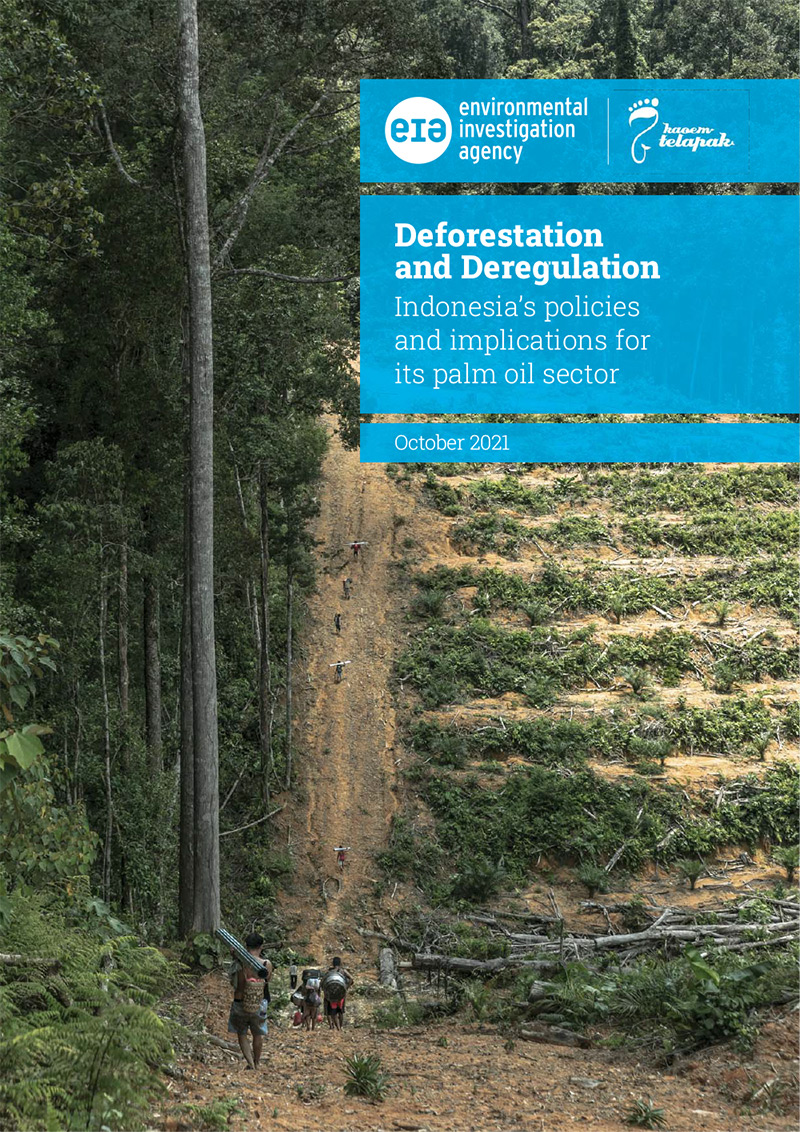Deforestation and Deregulation – Indonesia’s policies and implications for its palm oil sector
The year 2020 has seen Indonesia report one of its lowest rates of net deforestation – 115,459 hectares, according to Government figures – although the extent of deforestation is still debated. At the same time, it rapidly passed a controversial new Omnibus law – the Job Creation Law (UU Cipta Kerja/UUCK) – which potentially threatens social and environmental policies while promoting investment and development.
Indonesia has long been seeking to improve the ease of doing business in the country by simplifying its permitting and other processes, culminating in the UUCK (Omnibus Law). During the past decade, Indonesia has also enacted a number of policies to improve palm oil governance and curb deforestation. How much these policies have improved the sector is debatable, however, as there are numerous exemptions and inadequacies in their implementation.
Here we analyse Indonesia’s key policies related to palm oil sustainability and deregulation, including the potential impacts of the newly passed UUCK.


